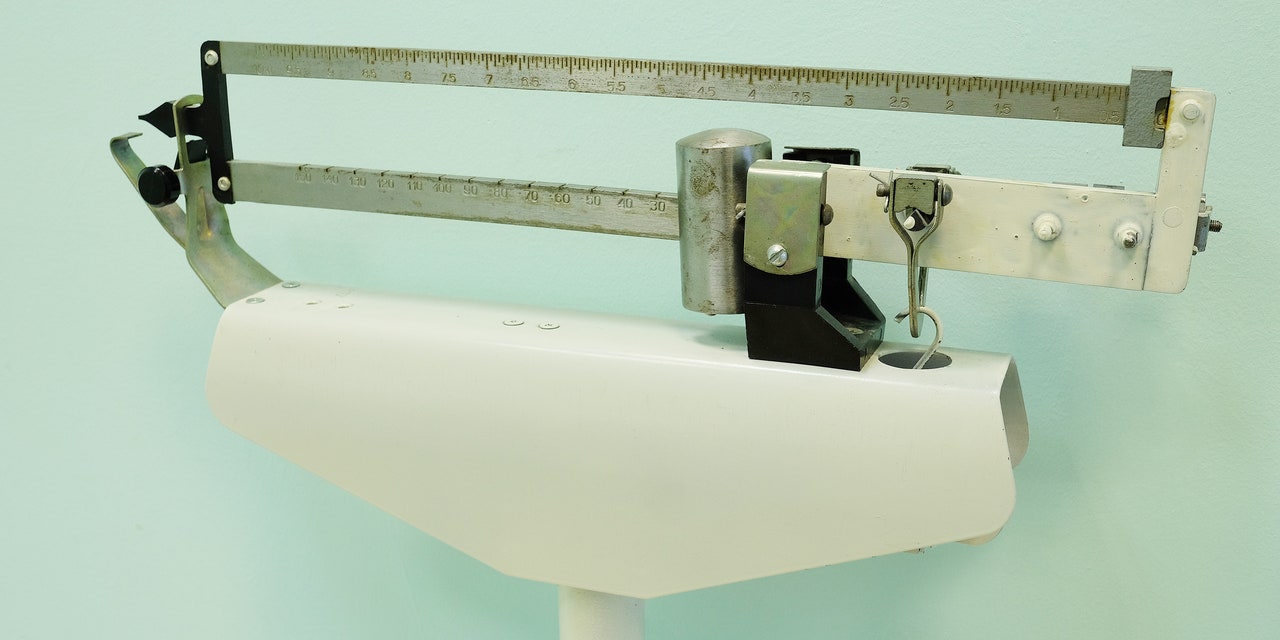If you can’t find one that fits your needs or takes your insurance, there are some strategies to help you determine whether a potential doctor is going to be hyper-focused on your weight:
Listen to other people’s experiences.
“Word-of-mouth recommendations for physicians who are more open-minded when it comes to weight can be very helpful,” Lesley Williams, MD, an Arizona-based family medicine physician tells SELF. Ask friends, family members, or colleagues if they know of anyone great who takes a patient-centered approach, she advises. Suggestions from people you trust—and who share your values—go a long way when it comes to finding a well-matched provider.
If references from your social circle don’t get you very far, or you don’t feel comfortable asking for them, reviews from strangers can be helpful, too. For online word-of-mouth recs, Chastain suggests reading reviews via ZocDoc or Google. (Fat-positive Facebook groups and subreddits can also be great resources for firsthand accounts.) At best, this can lead you to a phenomenal weight-inclusive physician, she says; at the very least, you may be able to spot some red flags.
Most fat people Chastain works with have had the experience of going in for an ailment unrelated to body size—like an injured shoulder—and being prescribed a restrictive diet. Reading that kind of story in a review might save you from the same fate.
When vetting doctors, ask questions.
READ RELATED: Why Are Black Women Disproportionately Affected by Uterine Fibroids?
Chastain recommends contacting a practice or office in advance, which you can do anonymously. “Call ahead and say, ‘I’m looking for a provider who will focus on weight-neutral interventions, who won’t recommend weight loss, and who won’t talk about my weight. Is there someone in this practice who can do that?’” she says. If the answer is yes and you book the appointment, she adds that you can ask a receptionist or nurse to put these requests in your chart so your doctor can review them ahead of time.
When you meet the doctor in person, keep the questions coming. Dr. Williams suggests asking, “Would you feel comfortable caring for me if weight was not a central theme?” Dr. Erlanger’s go-to question: “What are your beliefs about weight and health, and how do you approach that in your practice?” The answers to these types of queries can give you an idea of what to expect down the line. If a provider espouses the use of restrictive diets and weight-loss medications to improve health, you probably assume that thinness will always be a goal under their care.
You can also ask: “What are my options if I prefer not to be weighed?” A doctor or physician’s assistant may tell you that they are required to weigh you, but you don’t have to agree. “Even if the weight is required by policy, it is not legally required,” Dr. Erlanger says. “And it’s not required for you to get insurance coverage.” If you and your doctor agree that tracking your weight is medically necessary, Dr. Erlanger says you can wait until the end of your appointment to step on the scale. This “keeps the focus of the visit from being on weight and also keeps the anxiety around weight from overshadowing the visit,” she says. And even then, you can ask the nurse or physician’s assistant not to tell you the number.
Pay close attention to compassionate cues.
If you can’t find an explicitly weight-inclusive, weight-neutral, or HAES provider, Dr. Gaudiani suggests trying to seek out someone who is at least collaborative and willing to listen to your concerns without judgment. “When you’re calling for a new physician, you can ask the receptionist, ‘Between you and me, which of the doctors in this practice do the patients just love?’” she suggests. “If the doctor is beloved, that’s a good sign that they have a sense of curiosity and compassion.”






